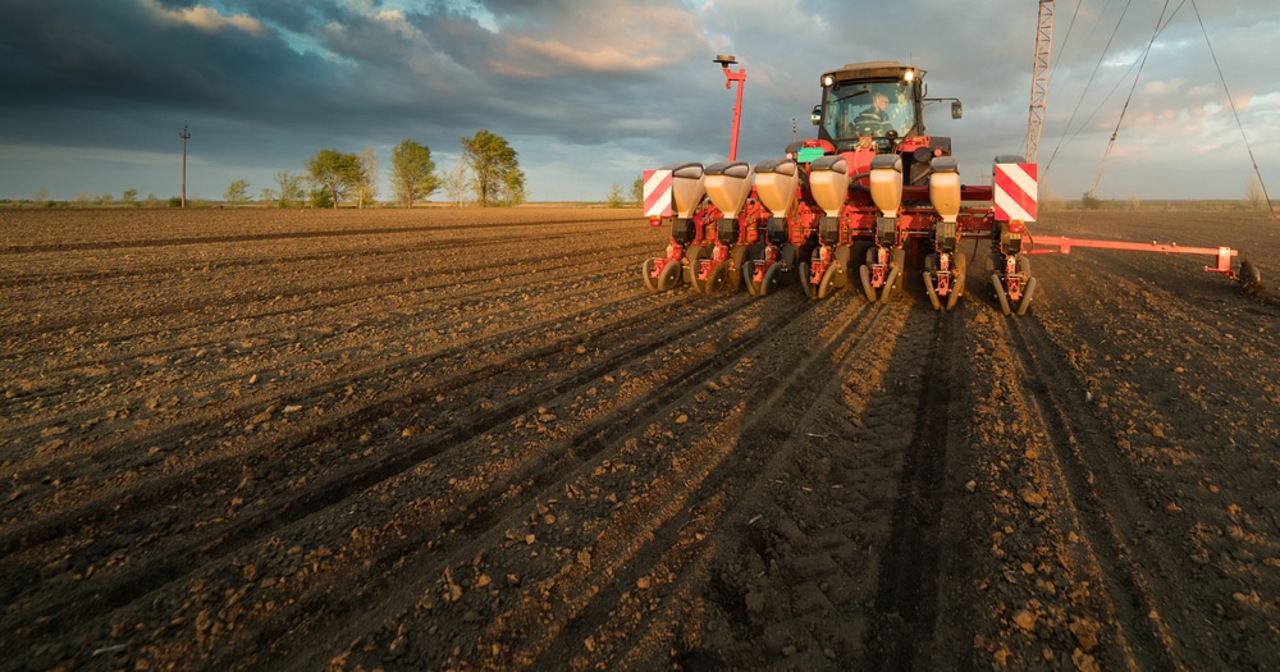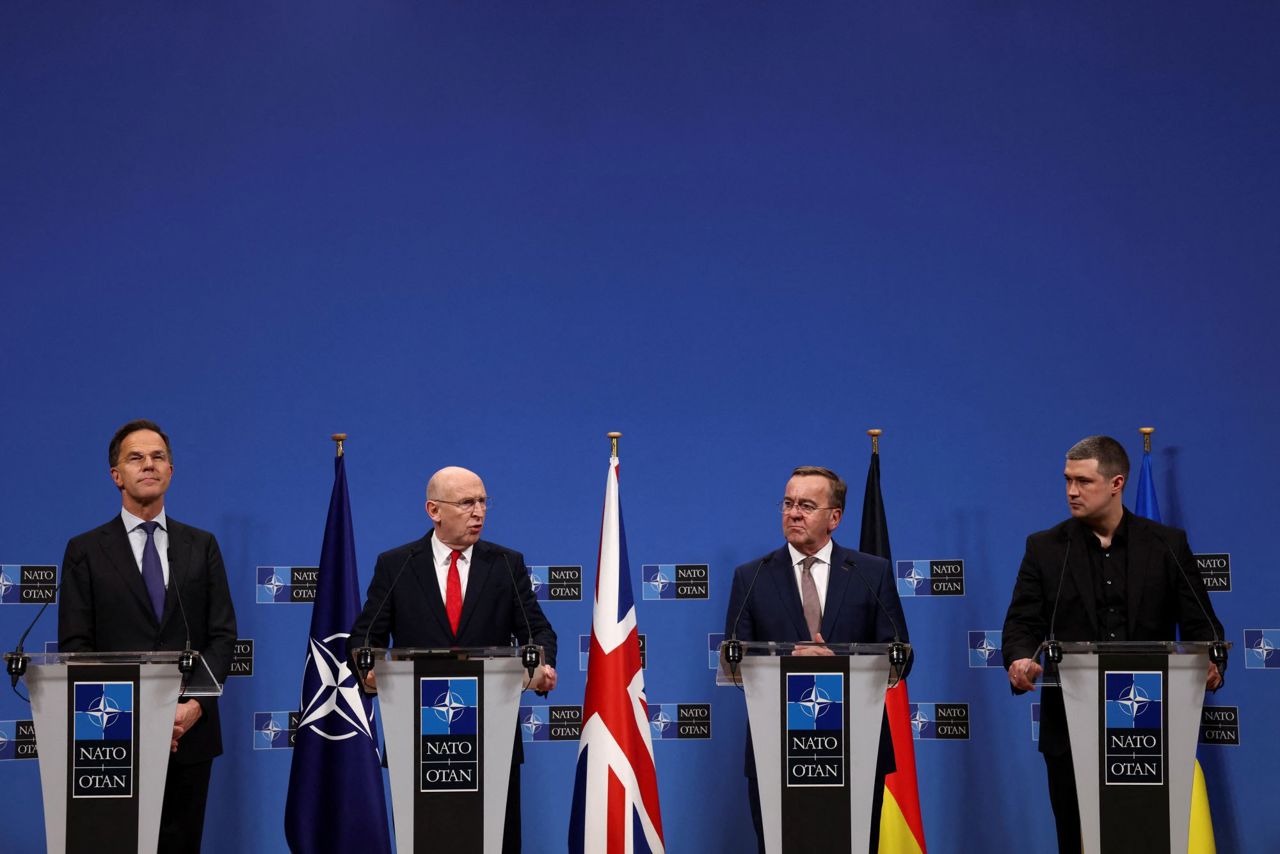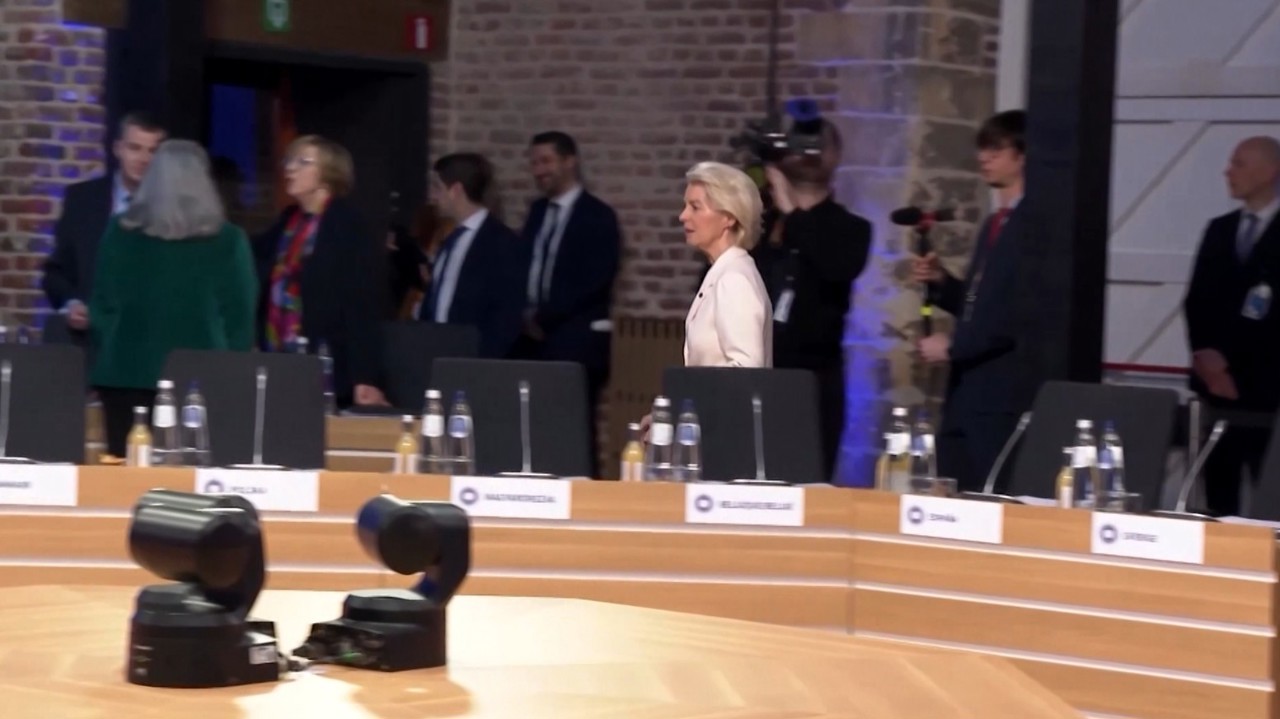Agriculture, between drought and war. The most important events that marked the agricultural year 2022
In 2022, farmers in the Republic of Moldova had to face the drought, the increase in the prices of fertilisers, fuel and electricity, but also the negative effects of the war in Ukraine. To support Moldovan farmers, last year, several development partners, including USAID and the EU, through various projects, offered financial support. At the same time, the European Union announces the doubling of quotas for essential products that our country exports to the European market, such as plums, grapes and apples. At the same time, the Republic of Moldova, along with Ukraine, received the green light for the liberalisation of goods transport on the EU market. The document provides for the increase in the number of authorizations and the recognition of Moldovan driving licences.

The increase, right from the beginning of the year, in the prices of phytosanitary products, fertilisers and energy resources has put a lot of pressure on the agricultural sector. Farmer Vasile Turculeț from Speia, Anenii Noi district, who owns six hectares of greenhouses, says that due to the high expenses for diesel and fertilisers, he has great fears that his business will fail.
"We put table grapes in greenhouses. We have strawberries. We have everything of our own: fridge and pool. Now I have to buy fertilisers and their prices have increased three, four times", says Vasile Turculeț, farmer from Anenii Noi.
To ensure the country's food security, on February 25, one day after the start of Russia's war against Ukraine, the Moldovan authorities banned the export of wheat and sugar for a period of 60 days.
"The analysis shows us that we are close to the limit stocks needed to ensure food security, and this decision is especially important now, when we have this migration flow and the demand for food products will increase," Prime Minister Natalia Gavrilița declared at the time.
The increase in prices in recent months has also seriously affected the beekeeping sector. In this sense, the representatives of the Ministry of Agriculture submitted a legislative initiative to the Executive, so that beekeepers benefit from 70 lei for each family of bees.
"From now on, we gave protein to the bees, so that the bee would gain weight, so that it would have somewhere to make milk to feed the young bee, because without giving it protein, it is weak and the family does not really develop", said Constantin Cojocari, beekeeper from Căpriana, Străseni.
Meanwhile, the Government announces that it will increase subsidies in agriculture by half a billion lei. Thus, over 1.7 billion lei will be available to farmers. At the same time, the authorities encourage farmers to organise themselves in cooperatives to increase their capacities. Subsidies for farmer groups increase from 50 to 75%, for investment in post-harvest infrastructure development.
The year 2022 was also marked by protests. Farmers from all over the country took their equipment to the side of the national roads to protest about the precarious situation in the agricultural field, which was greatly aggravated by the effects of the drought. The protest action was organised by the Farmers' Force Association and the Farmers' Federation. Farmers asked the authorities to postpone payments to creditors without penalties, but also for more tax breaks.
"It affected 100% of our corn, 90% of sunflowers, 50-60% of grapes. Since after the drought that was and after the rains that started suddenly, the tree has cracked and we practically have nowhere to give it. Nobody gets it. We are practically bankrupt," said Mihail Bobicov, a farmer, at the time.
On the other hand, the Ministry of Agriculture announced at the time that several measures had been taken, including the reimbursement of the excise duty on diesel fuel used in agricultural activities. At the same time, the Minister of Agriculture announced the subsidisation of interest on loans by more than eight percent, a rate that was to be doubled later.
In 2023, it is announced, for the first time, that subsidies will be made for cattle breeders, per litre of milk. In this context, the authorities say that the state's needs in dairy products are covered by almost 50 percent.
"We ended up having today 17,100 cattle, milk cows, registered as milkers on farms in the Republic of Moldova. We have accessed a loan from the World Bank, we hope that in January, February it will be voted by the Parliament, accepted. It is 55 million, of which 25 million are exclusively for dairy farms", said the Minister of Agriculture, Vladimir Bolea, recently.
To help farmers, in various branches of agriculture, the subsidy fund in 2023 is one billion and 500 million lei.





